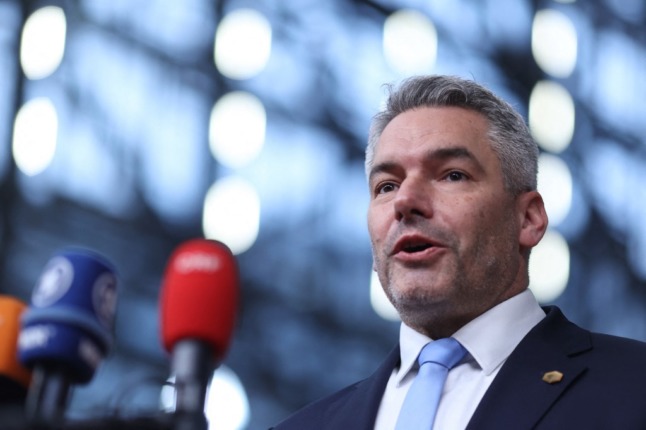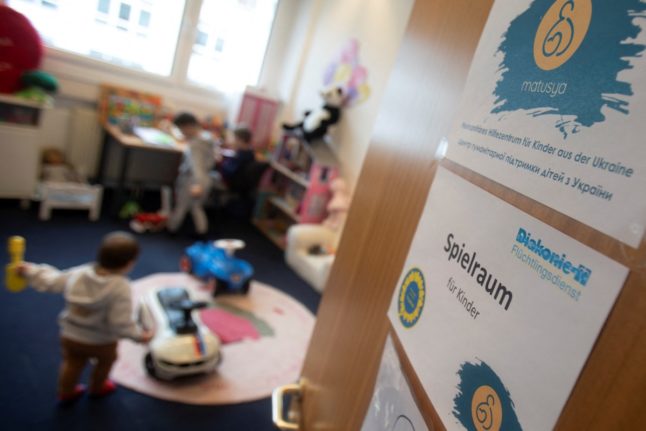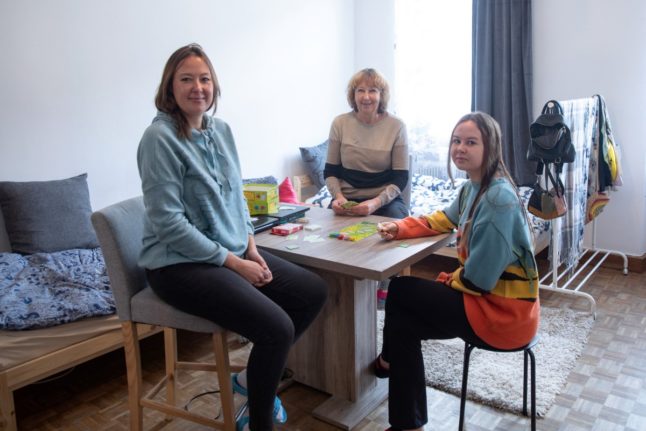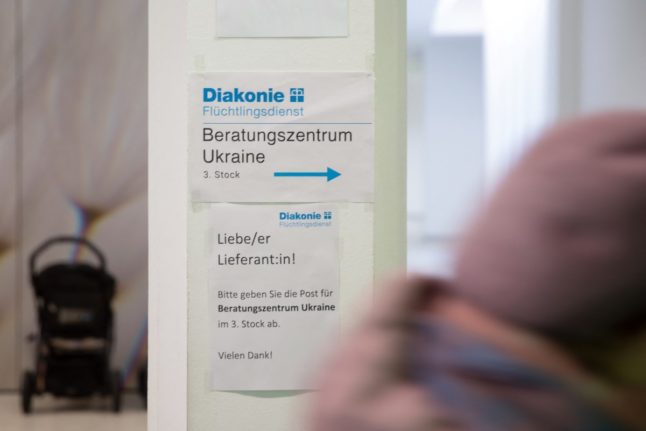Chancellor Karl Nehammer (ÖVP) has spoken out against questioning and debating Austria’s neutrality in international affairs amid the decision to support European Union sanctions on Russia.
“Austria was neutral, Austria is neutral, Austria will also remain neutral”, the politician said on Monday.
“Austrian neutrality has served well and serves well”, Nehammer told reporters in Doha, United Emirates, where he is currently on a state trip negotiating energy contracts and partnership.
EXPLAINED: The history behind Austria’s neutrality
He added that the state of war calls for assistance and quick solidarity for the people affected. The Austrian chancellor reiterated that what is not needed at the moment are the discussions that have “no basis in reality”.
The statements come after a series of controversies on the matter, especially over the weekend.
On Sunday, 6, former president of Austria’s National Council Andreas Khol had defended that the country request membership to military alliance NATO or participation in a European army, claiming that a neutral or non-aligned state remains alone if attacked in an opinion piece on Kleine Zeitung.
The article prompted responses from politicians, including SPÖ party leader Pamela Rendi-Wagner, who took to Twitter to request Nehammer’s position and clarity on the matter.
Der ehemalige ÖVP NR-Präsident und Präsidentschaftskandidat Khol spricht sich heute gegen #Neutralität und für NATO Beitritt Österreichs aus. Herr Bundeskanzler, schaffen sie Klarheit. Geben sie ein eindeutiges und unmissverständliches Bekenntnis zu unserer Neutralität ab! (prw)
— Pamela Rendi-Wagner (@rendiwagner) March 6, 2022
Social media feuds
Over the weekend, the Russian embassy in Vienna shared a statement on Facebook condemning what it called “unfounded statements and assessments” made by chancellor Nehammer and Foreign Affairs Minister Alexander Schallenberg on Russia’s invasion of Ukraine.
Both ÖVP politicians had said that the country was not politically neutral despite Austria’s military neutrality. It would support humanitarian efforts in Ukraine, condemn Russian actions in international organisations and participate in sanctions against Russia.
The Russians then claimed that the “outrageous” statements by Austrian government representatives put in question the country’s neutrality.
EXPLAINED: Why isn’t Austria in NATO?
The embassy’s message ends with, “We will take this into account in the future”.
The Austrian Foreign Ministry responded on Twitter that Austria remains militarily neutral but will not be neutral when it comes to violations of international law.
https://t.co/5Dk0ToSK5t pic.twitter.com/4iuM51opq6
— MFA Austria (@MFA_Austria) March 5, 2022
At least for chancellor Nehammer’s part, according to his statements in Doha: “the discussion is over”.





 Please whitelist us to continue reading.
Please whitelist us to continue reading.
Member comments